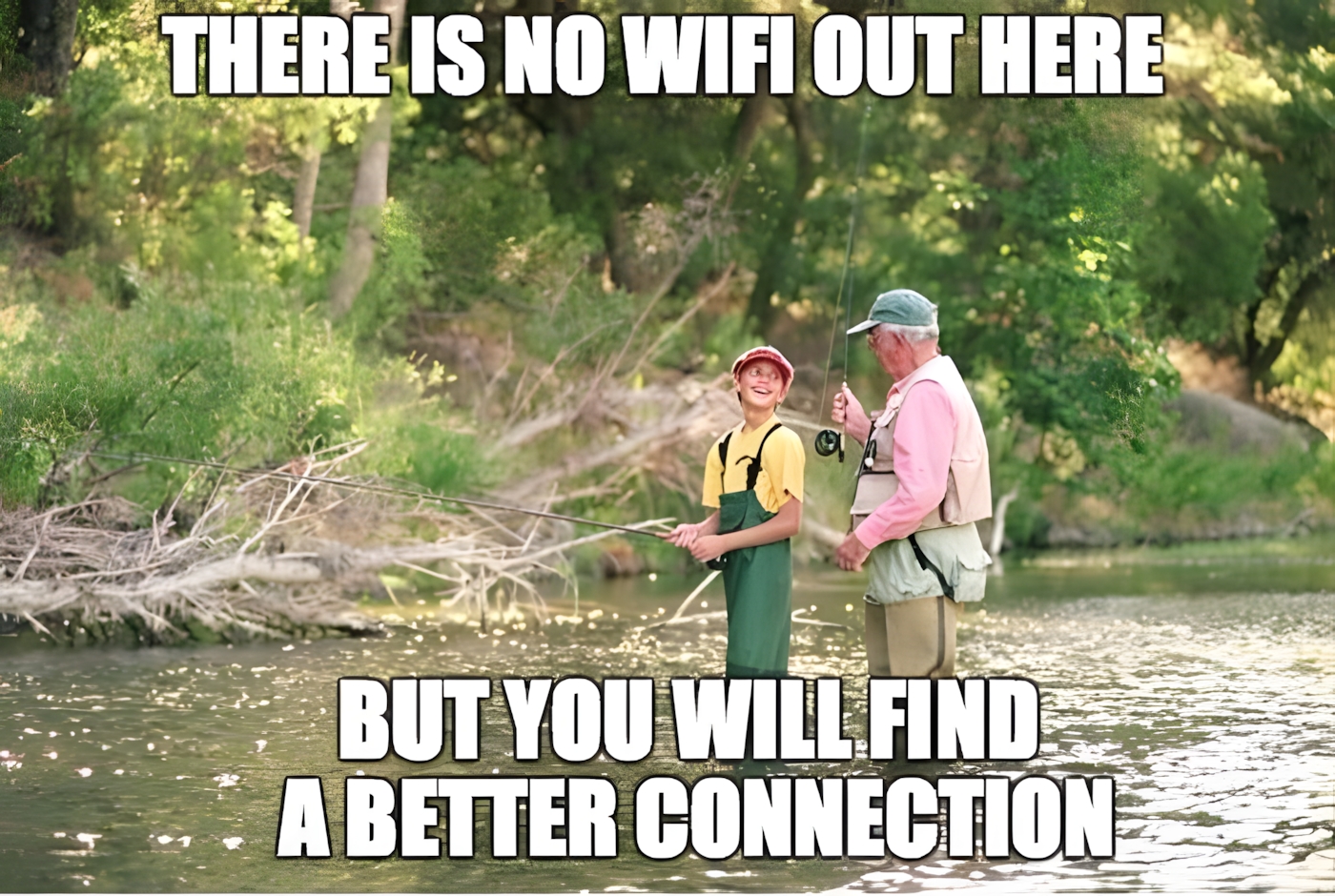An article came out earlier this week claiming that Rockstar developers were putting in 100 hour weeks to finish up Red Dead Redemption 2. Once again it’s opened up a can of worms over the practice of “crunch time” in the games industry, and whether it’s exploitative.
In order to get a game finished by its launch date, many developers are being asked to put in long hours to rush it through production. It’s leading to a poor work-life balance, with long nights trapped working behind a computer screen. It doesn’t exactly allow much room for relationships or family time, or foster positive mental health. Stress related illnesses have become an all-to common complaint.
In response, many are now calling for industry workers to unionize in order to combat the practice. So it begs the question, would unionization fix the problem once and for all? Crunch time certainly isn’t exclusive to the games business, so it’s best to look at how workers in other sectors have dealt with the issue.
Take the film industry for example. Despite being heavily unionized, 12-14 hour days are still common due to tight shooting schedules. Perhaps a city block can only be closed off for a day or two, or the talent may have limited time to record, or the movie has to be out by a certain date for it to be profitable.
It all factors in to why long hours are a necessary evil. It’s just something everyone deals with whether they’re a low level grip, the director, or an a-list celebrity. For their part, the unions simply accept the long hours and have negotiated lucrative overtime bonuses for their members to compensate. For studios, these higher rates are worth it if the project gets done on time.
Film works as a good example for our purposes since the games industry operates on a fundamentally similar business model, and often under the same restrictions.
If adopting a similar financial compensation package to film would solve developers’ concerns over crunch time, then perhaps unionization is in their best interest. Though if it’s simply a matter of reducing work hours, I don’t think joining one of the entertainment industry unions is going to give them the results they expect. In those circumstances, you’d be better off joining an established tech firm like Microsoft, where many jobs are still 9-5, Monday to Friday, thanks to the ongoing nature of their projects.
There’s also many downsides to unionization in the entertainment industry, largely due to the way the unions themselves operate. They’re not closed shops per se, but entry into the unions can be difficult, and union members will always get preference over those who are non-union. That can make gaining access and experience in the business challenging to newcomers. Even for experienced professionals, jumping to different roles can be difficult as well due to the multitude of different shops. That’s why you don’t often see grips and gaffers moving into creative roles like cinematography or directing. It’s not all sunshine and rainbows.
When it comes to games, I think you just have to accept that there will be long working hours. It’s, again, a necessary evil in a tough businesses that require a high degree of dedication. That said, working in the industry is still a well paid white collar job. Not like construction where you’re working both long hours and doing back breaking labour. Though I do agree that perhaps studios and publishers could be doing more to improve the work-life balance of their employees. Better perks tend to attract better talent, which means better products and higher sales.





